An Israeli cleantech startup has created a versatile biomaterial from an easily cultivated plant, which not only removes carbon dioxide from the air but can also be used as a viable substitute for plastic and building materials.
This should have been a feature solely about their innovation, but for Kenaf Ventures the world changed on October 7, when its home and business partner, Kibbutz Kfar Aza, was devastated in the Hamas massacre of Israeli communities near the Gaza border. It is impossible to discuss the company without addressing the tremendous loss it suffered, and the determination to move forward even as they grieve.
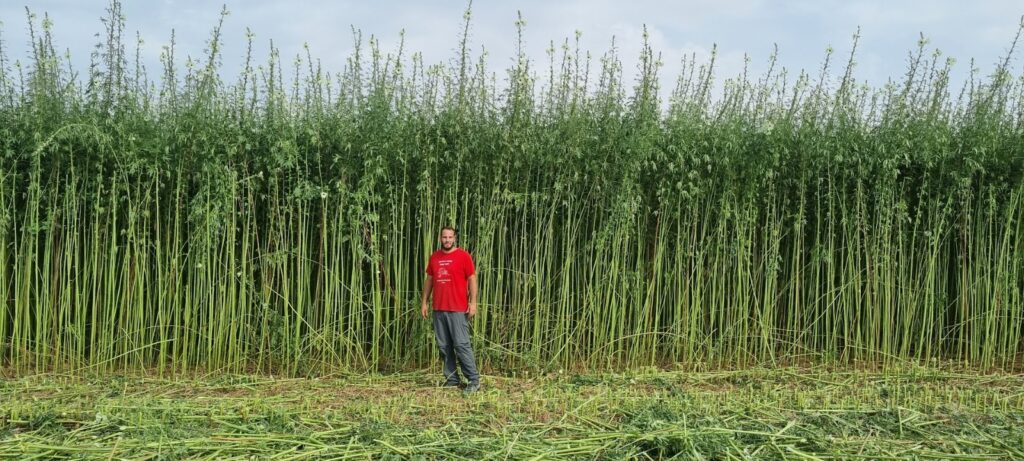
Kenaf Ventures takes its name from the plant it cultivates, also known as Hibiscus Cannabinus. And CEO Asaf Ofer credits the innovation to Kenaf president and CTO Avishay Morag, who has worked in the field of agriculture for many years.
“He understood the unique and amazing properties that this plant has, part of which is that it absorbs the highest amount of carbon dioxide, is very strong, very lightweight [and] very thermally and acoustically insulative,” Ofer tells NoCamels.
So, Ofer explains, Morag wanted to take advantage of this versatility and began to think of how to utilize the different properties.
The plant, which Ofer says grows in a multitude of climate conditions, can be harvested every four months and with the company’s know-how can achieve a higher yield per hectare – all of which makes it both a sustainable and cost-effective crop, suitable for use as a substitute raw material.
“This is part of what’s unique about this plant,” he says. “Growing it is easy. It’s resilient towards a lot of the pesticides and it stands and it grows.”
The company’s proprietary method transforms the plant into a biomaterial that can be used as a substitute for plastics, building materials and more. And, just as importantly, due to its voluminous yield, quick growth rate and properties, it also absorbs high levels of carbon dioxide compared to other plant-based materials.

The early incarnation of the company was created by Morag in 2012, but the startup as it exists today was founded in 2018, establishing its factory and fields at Kfar Aza.
Those first six years were devoted to research and development, according to Ofer, and studying agricultural practices in multiple countries, including China, India, Spain and Australia.
The research in the early days was carried out at the Israel Ceramic and Silicate Institute located at the Technion – Israel Institute of Technology in Haifa, and the company had financial backing from the Israel Innovation Authority, the branch of the government dedicated to promoting the Israeli high-tech sector on the international stage.
“We got to the point that the company now holds unique know-how and the IP of how to capture and store carbon dioxide in a natural way using the Kenaf, and [also] transform it into cost-effective biomaterials that replace and reduce polluting materials in specific industries – plastic, construction and insulation,” Ofer says.
He gives the example of polystyrene, a raw material used in packaging and insulation and often known by its most famous brand name, Styrofoam. The Kenaf biomaterial, he explains, can be used as a viable, cost-effective substitute – something that has never been possible before.
“Styrofoam is the most polluting material on our planet,” Ofer says. “It never disappears, it doesn’t biodegrade, and as far as we know no one succeeded until today to replace it. Because it’s basically air with amazing properties and zero price. You cannot compete with it.
“This is why we haven’t seen many biomaterials until today: most of them are very expensive, which is one of the many challenges in adopting a new bio-based material. If today you can buy one ton of polypropylene for $800 and alternative bio-based plastic can cost more than double per ton, what company will adopt biomaterials?”
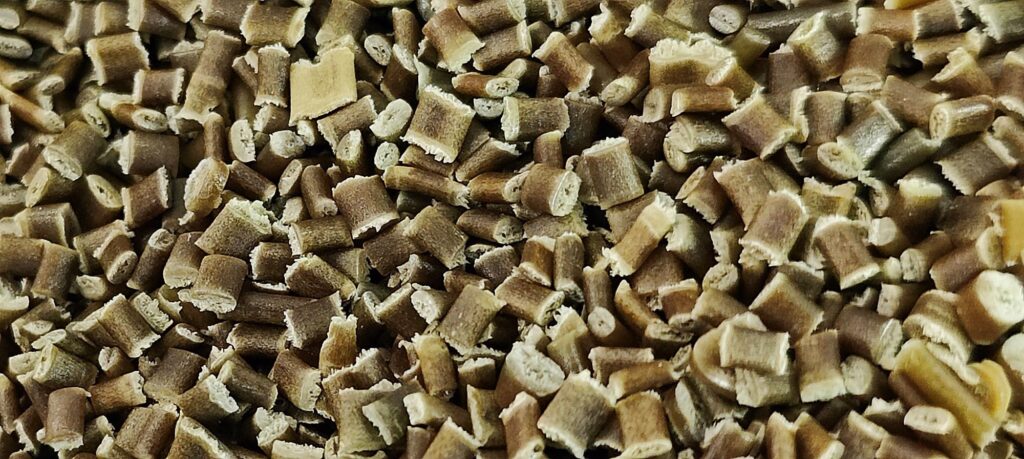
But the Kenaf biomaterial, he says, can be produced as inexpensively as polystyrene and without environmental damage, and the same is true across the board.
“All of our materials either have the same properties of the materials that they are replacing or better, at the same price or cheaper, and with a negative carbon footprint,” he says.
This know-how has drawn interest from abroad, as many countries have tried unsuccessfully to reap the same results with kenaf as the Israeli company.
Sign up for our free weekly newsletter
SubscribeKenaf Ventures picked India for its foray into the international market and was on the cusp of a planned major expansion there when the attacks of October 7 occurred.
Scores of people from the kibbutz were among the 1,400 people killed on that day, and many more are believed to be among the 240 others held captive in Gaza.
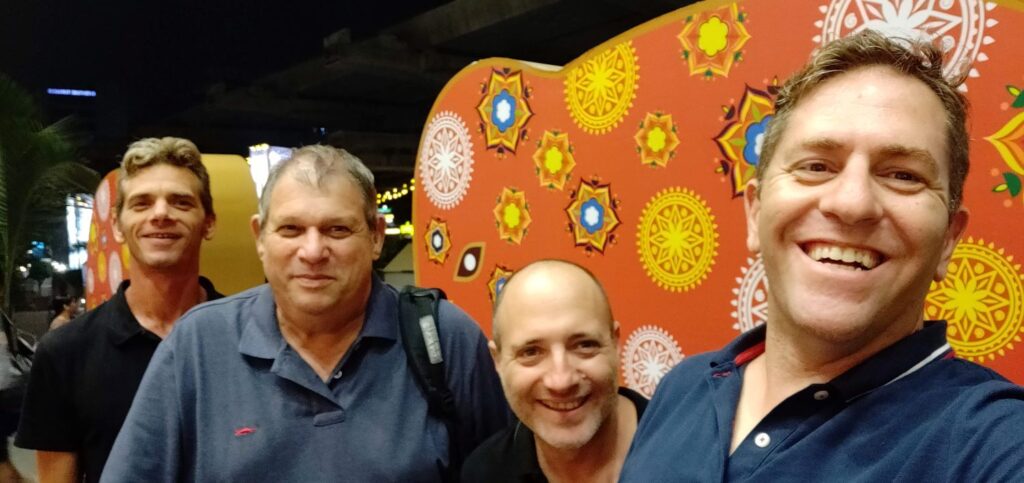
The kibbutz is integral to the company, Ofer says. “They are part of our shareholders alongside the Kafrit Group, they are our strategic partners.”
He refuses to discuss individual victims, due to the terrible toll of the massacre.
“We are talking about dozens of people that we lost. Dozens, not one or two. Because if it were one, you can talk about one person, but it’s the entire community,” he says.
“Most of the people that we work with are either murdered, kidnapped or not functioning.”
The kibbutz and the Kenaf factory are still part of a closed military zone, and the company’s work is on hold. But, Ofer says, they will press on because any other option is inconceivable.
“In one minute, it’s gone. That will not stop us, and we are not the only ones,” he says. “We don’t need to continue, we have to continue.”
His motivation is twofold, he explains – the personal and the professional.
From a professional perspective, Ofer believes he has a responsibility to the company’s employees, its partners, and to the work that they do.
“We didn’t establish Kenaf Ventures just to make money. It’s a company that aims to do good for the world. We have a vision, we have a path and we need to accomplish it,” he says.
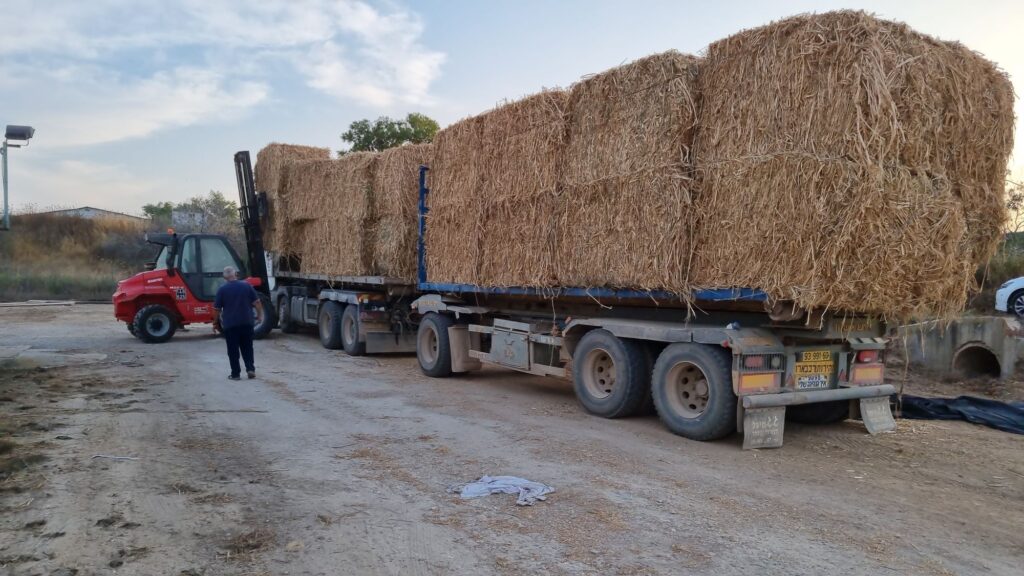
Israeli startups that have a positive impact on the world cannot just disappear; they must thrive, Ofer reasons.
He compares such startups to other innovations from Israel that are now worldwide institutions. These include Waze, which created the ubiquitous traffic navigation system and is today owned by Google, and M-Systems, the creators of the USB flash drive later acquired by SanDisk.
“The companies with global orientation, we built our base of the pyramid here in Israel, which is the brain, the R&D, the initial market penetration, the initial business development, the initial strategic partnerships – but we aim globally.”
Similarly, his own personal history compels him to keep pressing on.
“I was born to pioneers who came from horror and built the country,” he says.
“My grandfather, just before he passed away, was telling me that he’s happy that I and others are continuing the spirit of innovation to build the country and take it forward, and we shouldn’t stop. How can I stop?”
Related posts

Resilient And Nutritious New Plant-Based Milk Aims To Make A Splash

Chocolate From Cultivated Cocoa Comes Without Environmental Toll

Plastic Fantastic: Startup Takes PVC Back To Its Crude Oil Roots


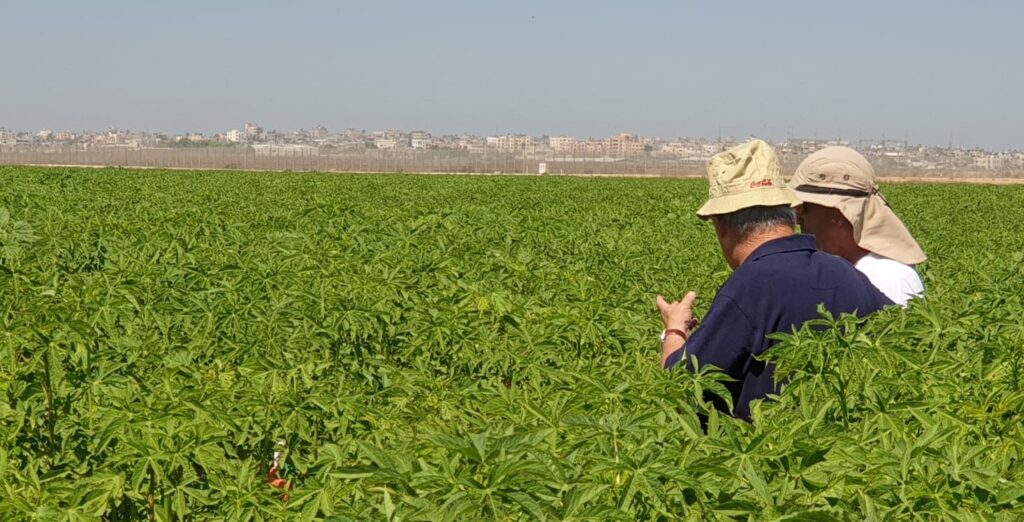

Facebook comments